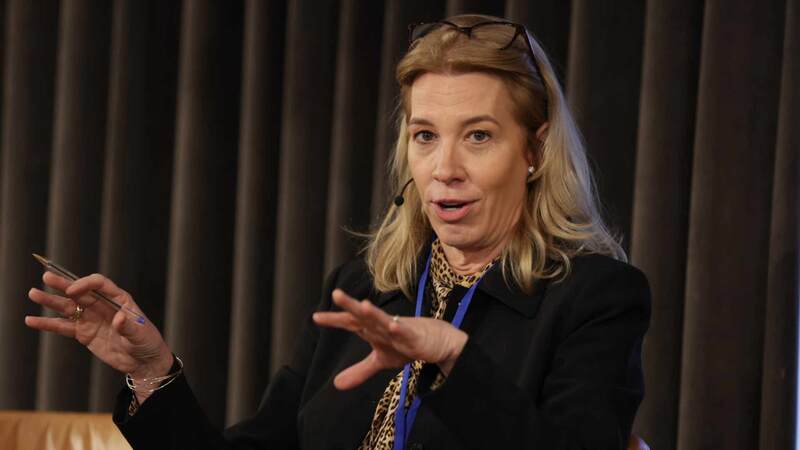You are viewing your 1 free article this month. Login to read more articles.
The sales clause
There’s a curious line in the Observer’s otherwise welcome piece on small presses…

There’s a curious line in the Observer’s otherwise welcome piece on small presses, “The indie publishing mavericks shaking up the UK books world”, which featured, among others, Jacaranda Books, Sort Of and Fitzcarraldo Editions. In introducing Swift Press founder Mark Richards, Richards is described as the only small publisher the journalist spoke to (for this piece) who has “always had an entrepreneurial streak”.
The piece mines a familiar seam: that indie presses are publishing the books the corporates (and the bigger indies) will no longer take a risk on, often supporting authors through those difficult early years or picking up books from authors who have fallen foul of the corporate conveyor belt, or where the subject matter has become tricky to publish into. There are some good examples, too, including Ducks, Newburyport, I’m a Fan, The Shards, Time to Think and The Seven Moons of Maali Almeida.
All that is very well. Corporate publishers now expect this kind of drubbing, and past indie successes such as We Need To Talk About Kevin, Life of Pi, The White Tiger or Longitude, are long forgotten. Yet the idea that indie presses, or the publishers who found them, are not entrepreneurial stings.
The best publishers I know – indie or otherwise – are selling all of the time. It is the job. Not even part of the job. The job. The error speaks to a mindset that imagines “difficult” books are too hard to sell, or that authors who write in the sticky areas have little chance of finding their readers. It feeds the faulty notion that publishing is merely creative, a one-note act. Or that selling means selling out. To publish is to make public.
It is true that small businesses face obstacles others do not. The Henningham Family Press, which describes itself as a “microbrewery for book-lovers”, recently launched a crowdfunding campaign to stave off the impact of Brexit, rising costs and Covid. “There’s only so much adversity a business can absorb.” A Twitter thread detailing the impact of Brexit has had on making (and shipping) a £12.99 book is traumatising to read.
The impending closure of Penguin Random House’s third-party distribution services operation at Grantham, the risk of AI-generated content, getting audiences out to live events, and declining review space, all militate against success. But it is also true that many indies, like the corporates, have experienced strong sales around the pandemic, with the market still on the rise, just about, while others are well supported either by their readers, booksellers, or in some areas, the state.
Indie/small press publishing has long been a fertile area for publishers, editors, agents and their authors. In all of the recent talk about managing author expectations, perhaps the most important one is for authors to believe that the team bringing their books to market will want to find that market. The notion that we are not in this for the sales is an escape clause that needs to be re-written – and quick. Books need to work. As do publishers.
















